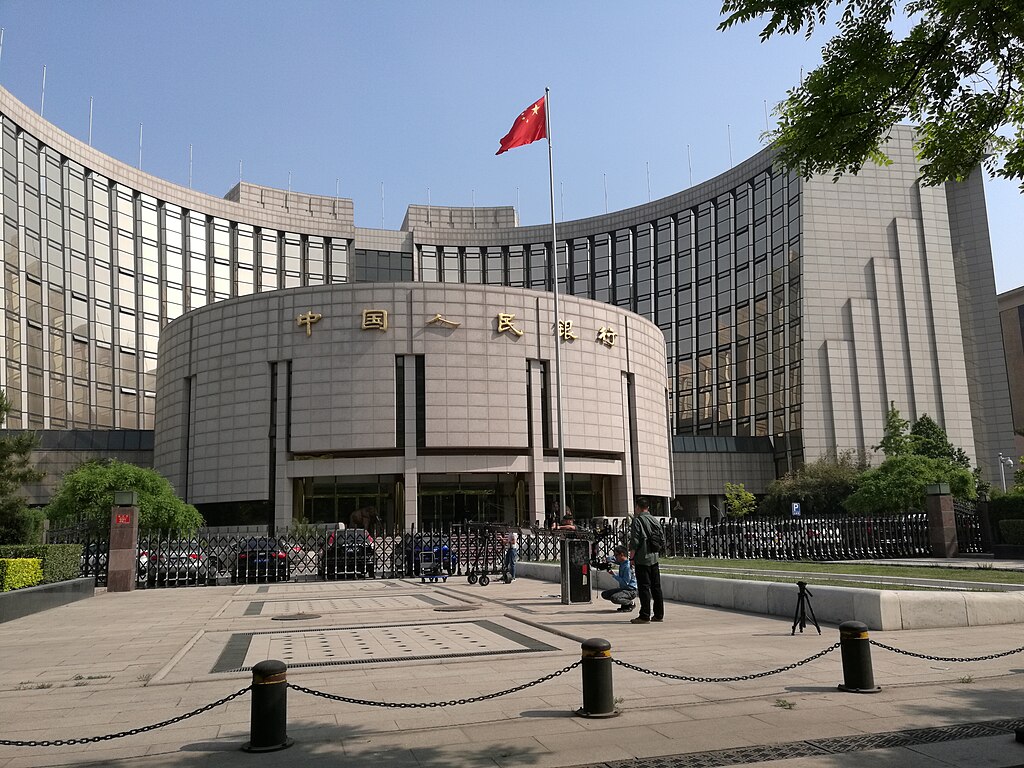
Mark Faulkner
Assistant Professor in Medieval Literature and Director, Trinity Centre for the Book, Trinity College Dublin
I joined the School of English at Trinity in September 2016 after four years as Lecturer in Medieval English at the University of Sheffield, having previously taught at University College Cork and in Oxford, where I completed my D. Phil under the supervision of the late palaeographer M. B. Parkes. Partly in tribute to Malcolm, I am currently co-editing the three-volume History of Punctuation in English Literature for Cambridge University Press with Jeff Guttierez (Boston), John Lennard (Cambridge) and Elizabeth Bonapfel (Berlin).
My research focuses on material and cultural aspects of medieval textual production, dissemination and reception. The majority of my work hitherto has concerned the twelfth century and the afterlife of Old English and the emergence of early Middle English, but I have published across the whole range of medieval literature, from Beowulf to sixteenth-century performances of medieval drama.
Much of my work has involved (re-)editing and (re-)considering neglected twelfth-century English language texts. I have published numerous articles on these texts, and my book-length study of the period, A New Literary History of the Long Twelfth Century: Language and Literature between Old and Middle English came out with Cambridge University Press in 2022. This was a period of dramatic political, cultural and linguistic change, in which the Latin and English literate cultures of late Anglo-Saxon England were shifted into a new configuration with Latin and French as the prestige languages. My work has focused on three main elements:
Placing the production, reception and use of surviving twelfth-century texts in detailed regional, cultural and political contexts.
Augmenting the number of English texts known to have been written in the twelfth century.
Comprehending in greater detail the linguistic history of twelfth-century English, to facilitate the redating of texts and to understand the sociolinguistic constraints which affected those using English.
To draw further attention to writing in English from the period, I am currently producing a Critical Anthology of Twelfth-Century English: Writing the Vernacular in the Transitional Period for Arc Humanities Press, to be published in early 2025.
Much of my research is concerned with telling the story of particular manuscripts: when and where they were written, and who read them and why. To do this as thoroughly as possible, I use a wide range of methodologies from literary studies, linguistics, history, palaeography and codicology. Recently, I have been exploring using large corpora and data analytics to assist in this work. With the help of funding from the Irish Research Council, I hosted a colloquium on Big Data and Medieval Studies: the Present and Future of Medieval Text Archives in June 2017, and from 2019-2024 I will hold a Provost’s Project Award for Medieval Big Dating, which will explore quantitative and perhaps computational methods to develop ‘big data’ techniques to assist in the dating of texts from the Old and early Middle English periods. I am the developer of the TOXIIC (Trinity Old English from the XIIth Century) corpus, version 1 of which was released in 2018. Version 2, a collaboration with Elisabetta Magnanti (Vienna), which uses machine learning to transcribe the manuscripts, is in progress and should be released in late 2022 or early 2023. From 2022 to 2024, I am PI on the IRC-Coalesce-funded project, Searobend: Linked Metadata for English-Language Text, 1000-1300, a collaboration with Prof. Declan O’Sullivan, from the School of Computer Science and Statistics at TCD.
In Trinity, you’ll find me giving lectures on the various fresher medieval options and teaching sophister options on manuscripts, language contact, distant reading and translation.
Part of my role is working with the Library to showcase Trinity’s world-class collection of medieval manuscripts. In 2017/8, in partnership with the Long Room Hub and the Library I organised a series of public lectures on Trinity’s manuscripts entitled Beyond the Book of Kells. This has led to the discovery of some unnoticed treasures. I have also organised conferences on individual Trinity manuscripts, such as the Dublin Apocalypse (MS. 64), and been active in the Library’s Carnegie-Funded Manuscripts for Medieval Studies Project, which has so far seen the digitisation of twenty manuscripts, including the famous Book of St Albans (MS. 177). I led the development of the new Trinity Centre for the Book in 2022, and am now its inaugural Director.
You can view a full list of my publications as part of my TCD research profile.
At postgraduate level, I was inaugural Director of the M. Phil in Medieval Studies from 2019-2022. I welcome enquiries from students interested in late Old English, early Middle English, manuscript studies, historical linguistics and corpus or computational approaches to the literature of any period.
- Market Data



































